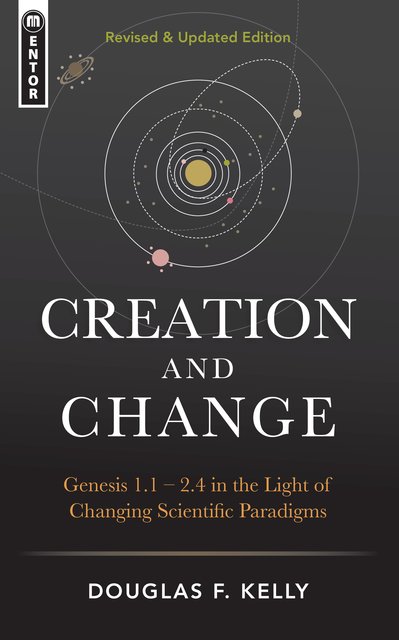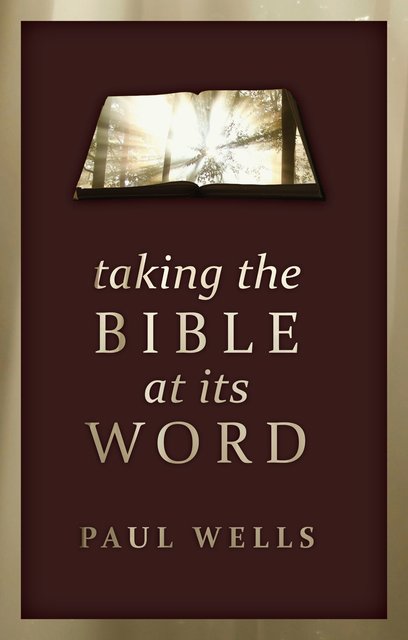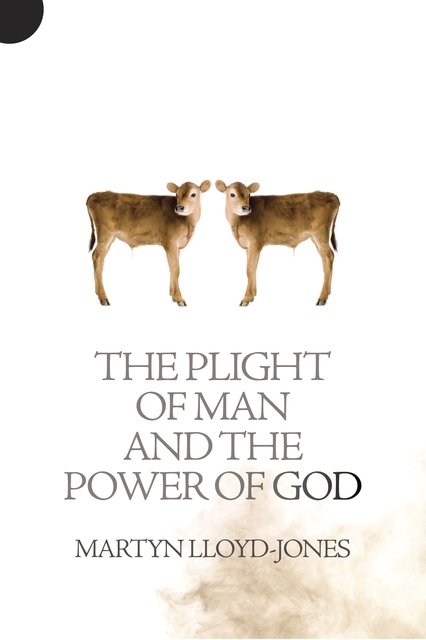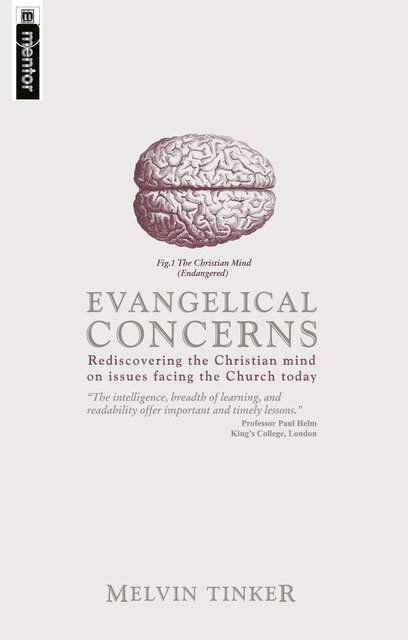Chrisope's Toward A Sure Faith will prove to be a welcomed and needed addition to the libraries of Christians in general and pastors in particular for at least four reasons. First, pastors will find the book to be an aid in their counseling of young converts shaken by the still rampant historicism found in both secular and religious institutions of higher learning. Those involved in personal intellectual struggles will be instructed and encouraged as they engage with Chrisope's presentation of Machen's own struggles and discover the oft-overlooked fallacies of the historicism.
Second, Chrisope's representation of Machen will encourage Christians to think deeply concerning the claims of orthodox, supernatural Christianity. Because we do not live in a closed universe, the saving truth of Christ cannot be comprehended through convincing truths based on historical findings alone. Chrisope notes,
[Machen} believed that there is a subjective element in human knowledge; that philosophical presuppositions may influence one's evaluation of historical evidence; that the evidence in itself is not necessarily convincing; and that the human mind is incapable of attaining to truth (in the sense of recognising the truthfulness of Christianity) or of exercising faith by its on power, but that for these ends the operation of the holy spirit is necessary. (189)
Presuppositions are changed through the work of the Holy Spirit in changing deeply held perceptions. In our day, when evangelistic success is measured by an acquiescent prayer at the end of a prescribed gospel presentation, we would do ell to remember that conversion is the result of the working of the Holy Spirit in the life of the individual.
Third, Chrisope's study of Machen reminds those seeking to enter the ministry of the need for intellectual integrity. While Machen would debate and tolerate academics who rejected orthodox Christianity, Chrisope notes that
he manifested a distinct unwillingness to consider other liberal churchmen as anything other than dishonest traitors who were denying the faith they professed. (131)
Certainly those who use the terminology and expressions of orthodox Christianity merely to gain religious employment are little more than base hirelings. Machen sought ordination only after his intellectual struggles were resolved in his own mind.
Last we are reminded that truth matters, and neither the attainment of truth nor its defense are without high personal costs. Machen underwent intense personal struggles in his seeking after truth. Once he was convinced of the truth of supernatural Christianity, he could not remain silent while fellow churchmen were undermining orthodoxy. Consequently, he endured intense ecclesiastical struggles in opposing heterodoxy. Twenty first century Baptists will do well to follow the example of this twentieth century Presbyterian defender of the faith.
The Founder's Journal




